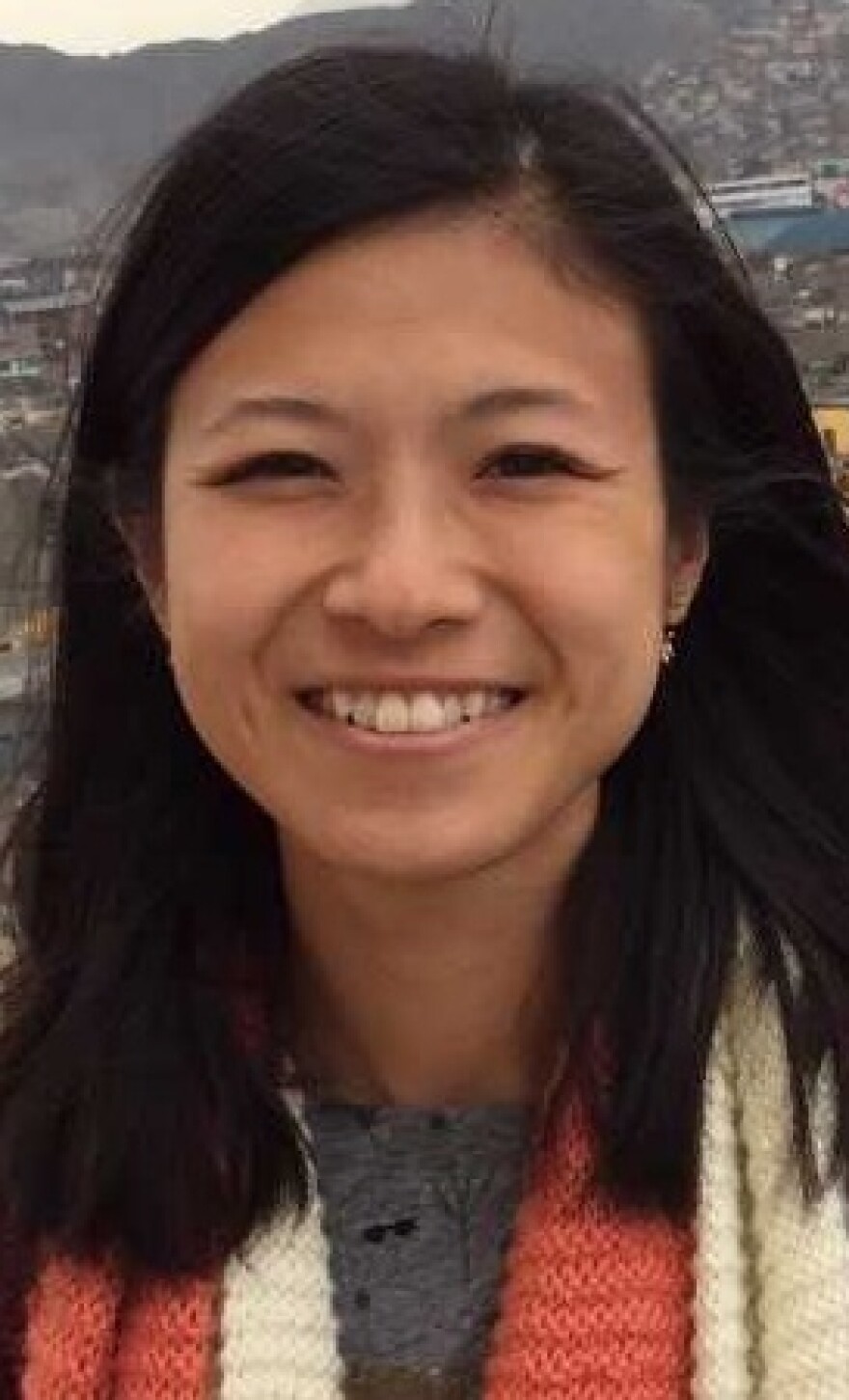On a vacation at Yellowstone National Park, the young son of Illinois State Sen. Steve Stadelman needed an emergency refill for his insulin prescription to manage his Type 1 diabetes. After visiting multiple pharmacies who weren’t able to contact his doctor, Stadelman’s son was forced to endure a potentially life-threatening three days without insulin.
Why would pharmacists, who have received four years of graduate education in medication therapy and often are referred to as “drug experts,” not be able to prescribe medication?
As healthcare progresses toward a more patient-centered approach, pharmacists are more often being included in integrated health care teams. They can be a direct real-time resource to other healthcare providers. An example is the pharmacists’ integral role in administering immunizations to much of the population and its enormous impact on public health.
In Illinois, where I attend the UIC College of Pharmacy at Rockford, the passage of Senator Stadelman’s SB 1790 allows pharmacists to fill emergency prescriptions when the physician cannot be reached. This allows patients increased access to healthcare.
Many states have laws designating pharmacists as healthcare providers. Most recently, the Oregon governor signed a law allowing pharmacists to prescribe medications or devices without a physician’s prescription, and pharmacists everywhere have entered into collaborative practices with physicians. These actions are all aimed at improving patient care and allowing pharmacists to better utilize their expertise.
I hope that, once I graduate and become a pharmacist, I will be able to use the full breadth of my education to improve the lives of my patients.
I'm Cindy Li, and that's my perspective.

